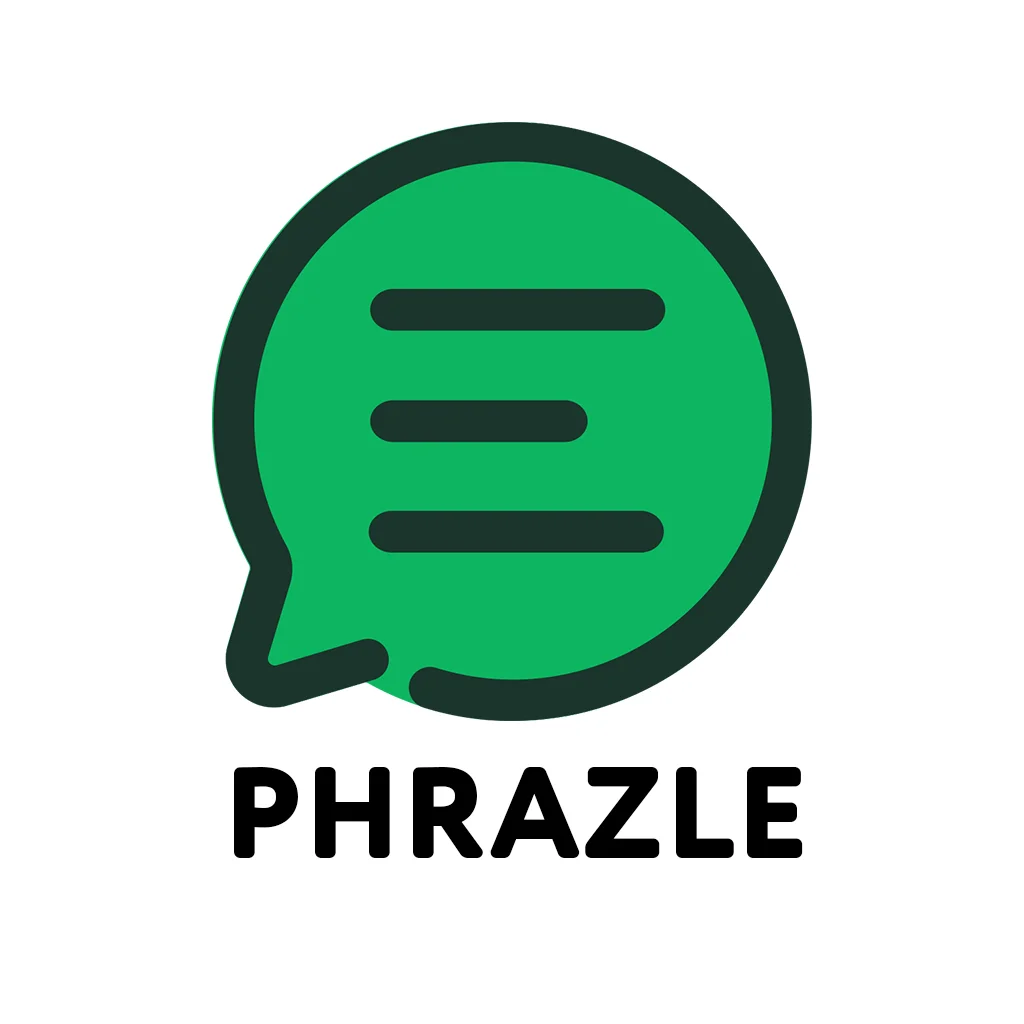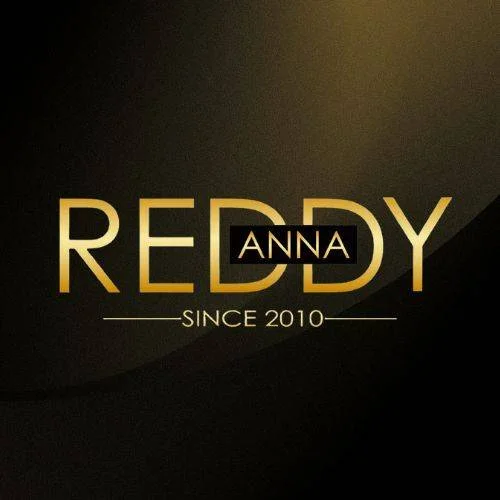In a time when many games are built around instant gratification, pop-up rewards, and endless scrolling, a quiet countertrend has been taking shape — games that slow you down. Among these is Phrazle, a deceptively simple word puzzle that’s found a loyal following among players who prefer thinking to tapping.
Phrazle doesn’t rely on graphics, sound effects, or achievements. It doesn’t demand hours of your time. Instead, it gives you one challenge per day: guess a hidden phrase. No more, no less. Yet that modest premise has proven powerful, reminding people that language itself can be the most engaging game of all.
The Mechanics of the Mind
Phrazle begins with a grid of blank spaces representing words in a phrase. You type in a full phrase guess, hit enter, and the system responds with color-coded feedback. Each color gives you a hint — green means correct placement, yellow means the letter is in that word but in a different position, purple indicates the letter belongs somewhere else in the phrase, and gray means it doesn’t appear at all.
This layered system creates a miniature detective story. Each round gives you fragments of truth, and your task is to piece them together. You’re not just solving for letters — you’re solving for meaning. You start to predict how idioms, sayings, or proverbs might fit the structure.
It’s a small act of reasoning that feels surprisingly absorbing. Unlike many word games that can be brute-forced through elimination, Phrazle rewards intuition. It teaches you to think like a linguist, weighing rhythm, syntax, and cultural familiarity.





